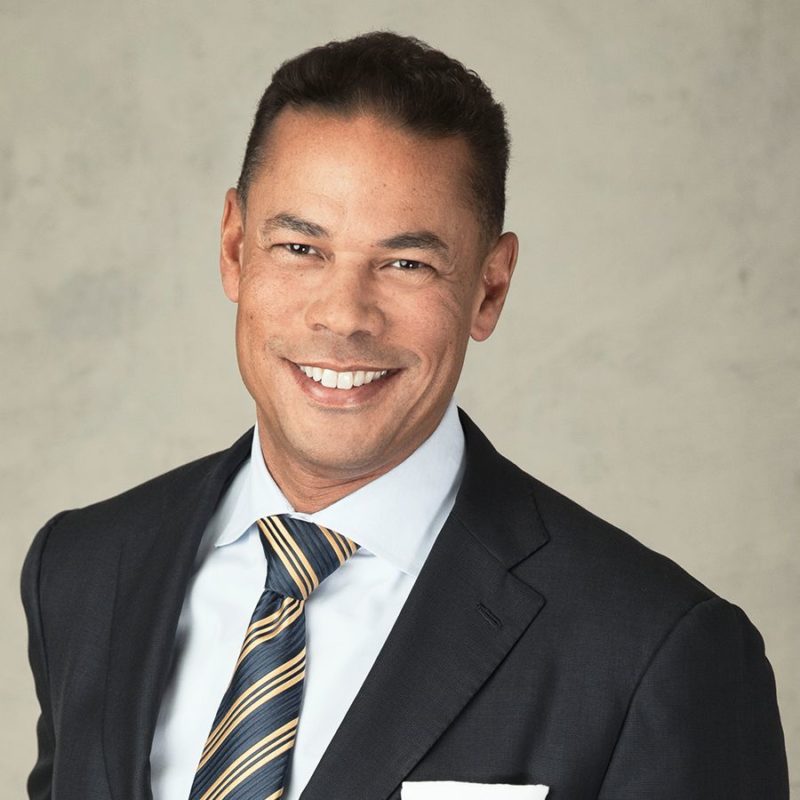Editor’s note: The winner of the Chief Officer Awards Public Company CFO Award announced June 17 is Alison Harbrecht of GDIT.
On June 17, WashingtonExec will be virtually celebrating the most impactful and innovative C-suite executives in government and industry. These chief officers work in technology, security, data, operations, finance, business and more, excelling on both sides of the government contracting sector. Our team of judges have chosen the finalists for the inaugural Chief Officer Awards, so before we announce the winners during the event, we wanted to get to know the finalists a bit better. This Q&A series highlights their careers, successes, proud professional moments and notable risks.

Lloyd Howell is chief financial officer and treasurer at Booz Allen Hamilton and a finalist in the Public Company CFO Award category.
What made you successful in your current role?
First, the team of colleagues that I have around me. Everyone, in some manner, provided quantitative and qualitative support to me and the firm that has resulted in superior financial performance. Second, my years as a client-facing business leader has provided me with not only an understanding of what happens in the competitive market but also what those colleagues need in terms of support to execute their responsibilities at the highest level. Third, my family has provided me with unconditional support in everything I’ve ever done. That support enables me to bring the best of me to work every day.
What was a turning point or inflection point in your career?
There have been so many turning points and inflections in my career. I often tell our more junior colleagues that “my career is anything but linear.” The most significant inflection point occurred during my years as an associate at Goldman Sachs. During that period in my career, I was exposed to the best and brightest in the world of finance and investment banking. I learned an incredible amount not only on capital markets and various transactions but on conflict resolution and negotiation. That experience has stayed with me ever since.
What’s the biggest professional risk you’ve ever taken?
Following our 2010 IPO, I wasn’t sure what direction my career was going to take. I had been an important contributor to getting the firm ready to go public and had previously served as the capability leader of our strategy and organization practice. I asked and was selected to move into a client-facing leadership role of our firm’s financial regulatory account. At that time, it was the firm’s smallest and weakest-performing account.
Needless to say, I lost a lot of sleep worrying about how to turn around that account and what were the career implications. Three years later, it became the fastest-growing account in the portfolio and serves today as one of our enduring civilian market businesses.
How do you help shape the next generation of government leaders/industry leaders?
To me, shaping the next generation of leadership is a top priority. First, I try to make myself available to the next generation to enable the relationship building that is critical to communication. I believe that it is important to truly have an understanding and appreciation of future leadership. I try to understand their motivations, aspirations, anxieties and values. Second, I look to place those leaders in challenging positions and roles that will serve as learning opportunities and help shape and mold their future leadership skills. Third, I advocate and sponsor the future leaders. I feel it is important to provide advocacy and sponsorship to high-potential future leaders.
What’s one key thing you learned from a failure you had?
Over the course of my career, I certainly have had failures from time to time. Each failure was slightly different, but there was always on key “learning.” For me, it was lack of preparation. When I’ve failed, I can always point to the fact that I wasn’t as prepared as I should have been. Today, I always do my best to be prepared for every meeting, investor conference or earnings call.

